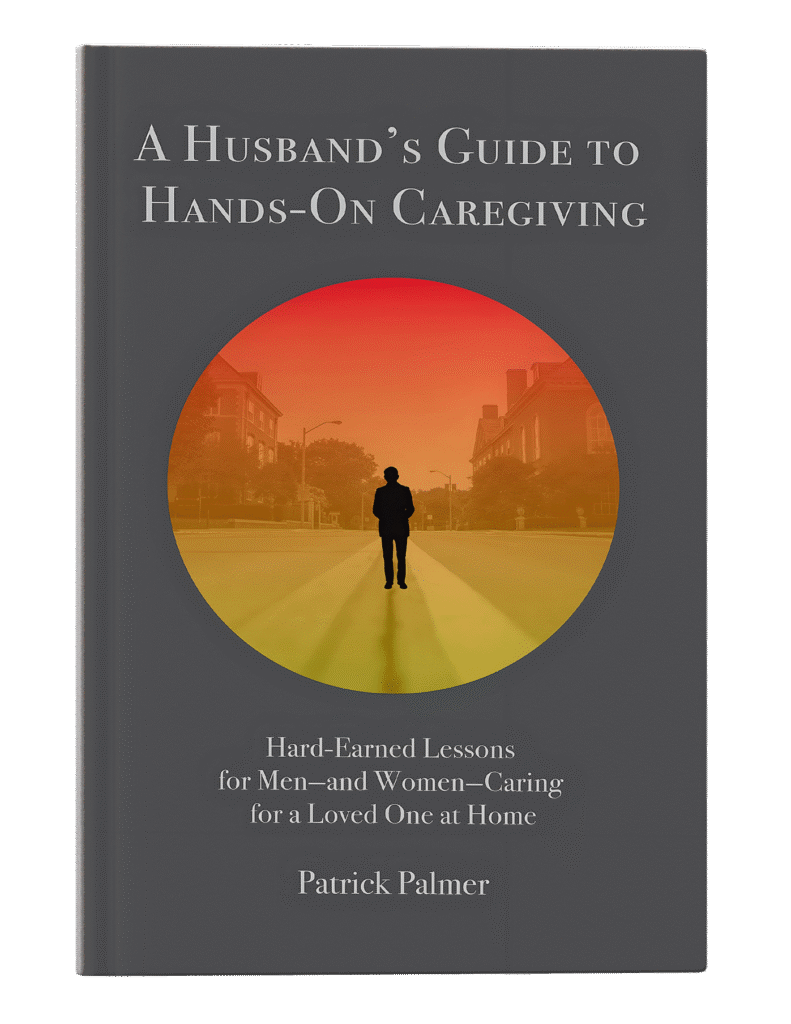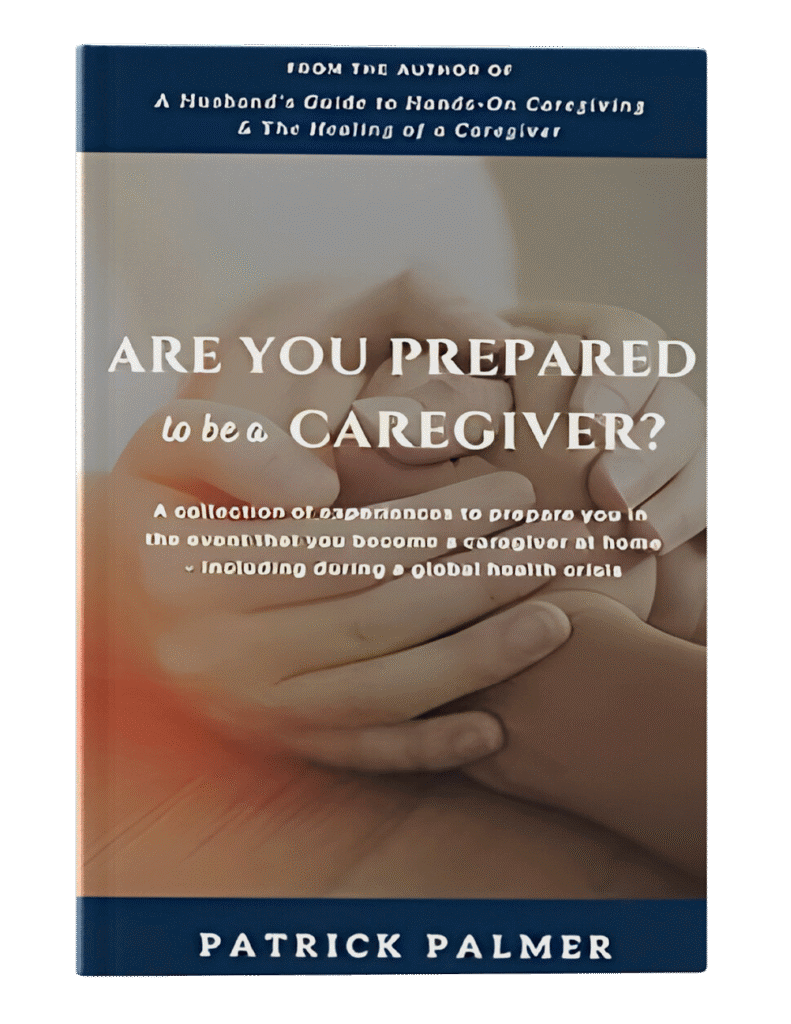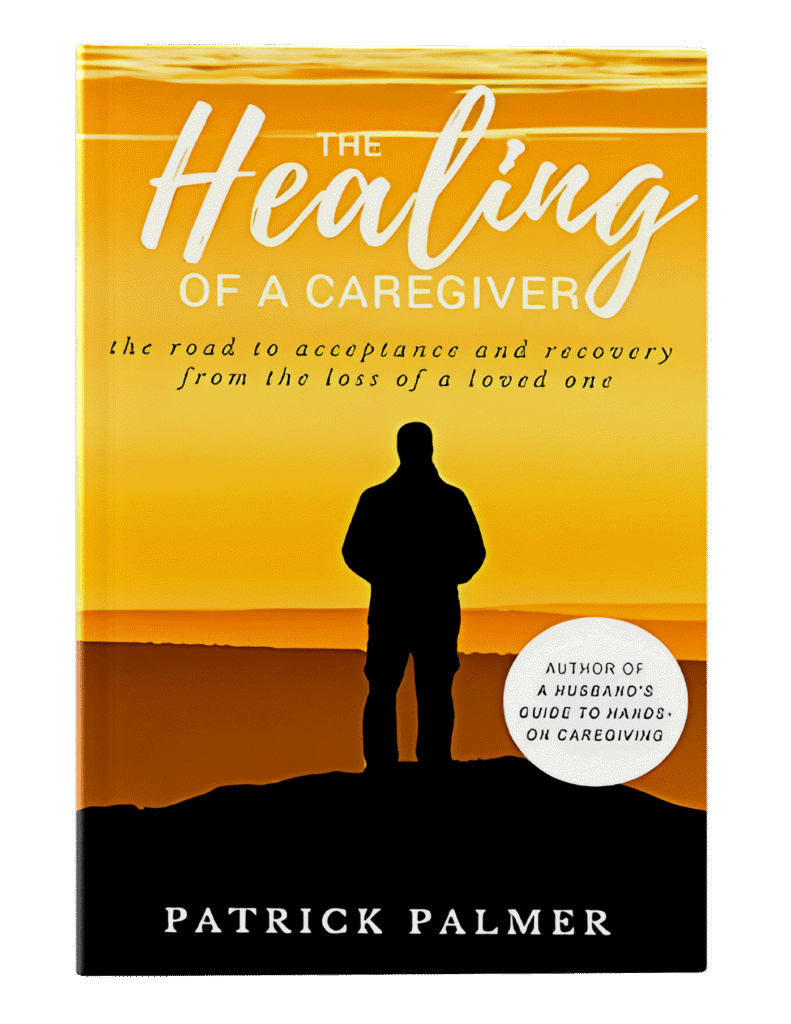Did you know that the demand for private caregivers pay is rapidly growing as our population ages? With more families seeking personal and dedicated care for their loved ones, understanding how much private caregivers make per hour is crucial.
Whether you’re a caregiver looking to set fair rates or someone in need of hiring help, knowing the going rates ensures that everyone gets a fair deal. This blog aims to provide clear and comprehensive information on what private caregivers earn per hour, helping you make informed decisions.
Who is a Private Caregiver?
Private caregivers are those who work directly for the family, with no involvement from middle-man agencies. Typically, they provide companionship, mild housework, and help with daily tasks, among other non-medical care. Rarely, but not as frequently, private caregivers may also offer medical care.
Factors Affecting Private Caregiver Pay
Before learning how much a private caregiver earns it’s important to understand done crucial factors that impact your earning potential.
Location the Private Caregivers Make Per Hour
Where you live plays a huge role in how much private caregivers earn. In areas where the cost of living is high or there are not many caregivers, wages increase to attract and retain qualified employees. In Washington, for example, caregivers earn about $18.22 an hour because there is a high need for caregivers and the cost of living is high. New York has a large number of caregivers due to its high population, and they earn about $17.11 per hour. The higher the cost of living, the more caregivers have to be paid to maintain a good standard of living. If you can’t afford at least the average wage in your area, it can be hard to find a qualified caregiver.

Experience & Qualifications
Experience, certifications, and specific skills can increase earning potential. Caregivers with more experience and advanced qualifications like specialized training in areas like dementia care or palliative care or certifications like RN, RNA, or LPN increase their earning potential greatly.
Caregiver Responsibilities
Salary variations for caregivers depend on their level of responsibility and the complexity of their skills. Part-time household chores like running errands, washing dishes, or sweeping the floor, may be charged less than full-on palliative care. Caregivers for specialized care or managing medication may receive higher compensation.
Demand and Supply
As more Baby Boomers seek caregivers, the current in-home caregiver shortage in the United States is expected to worsen. When there is a lack of caretakers, regions with a high demand for caretakers offer higher pay to attract talent. Also, market forces may cause wages to rise in areas with a strong demand for caretakers and a scarcity of competent specialists.

Curious about how much do private caregivers make per hour? As demand rises for compassionate in-home care, understanding pay rates is essential. Whether hiring help or working in the field, learn what affects caregiver wages and how to maximize earning potential.
Average Hourly Rate for Private Caregivers
The average hourly wage for a Private Caregiver in the United States is $15, with a typical range of $13 to $16. Home health aides, including elderly caregivers, earn around $21 per hour, with rates varying significantly across regions. The national average annual income for a home caregiver in the United States is around $46,440, influenced by factors such as hourly rates, hours worked, and the specific region where the caregiver is employed. Families seeking caregivers should consider the specific needs of their loved ones and prevailing rates in their area to ensure fair compensation for the valuable services provided by caregivers.
Strategies for Maximizing Caregiver Pay
First and the most important is to seek additional certifications and training. Following are some of the most followed certifications for higher pay:
Certified Nursing Assistant (CNA) is beneficial for opening up more job opportunities and higher pay.
Home Health Aide (HHA) Certification is essential for those providing home care, making you more competent in the market.
Geriatric Nurse Practitioner (GNP) Certification is good for elderly caregivers and can lead to better job prospects.
Advanced Cardiac Life Support (ACLS) Certification makes you highly valuable as it shows your expertise in handling emergencies.
Alzheimer’s disease and Dementia Care Certificate which is in high demand.Continue to update your skills and knowledge in order to stay ahead of the competition and increase your value in the market.
Connect with other professionals in the industry and build a strong network. Also, participate in referral programs provided by employers in this way you not only assist fill job openings but also receive bonuses or financial incentives, which supplement your normal income.Do Private Caregivers Make Per Hour
Last Words
Becoming a private carer is a wonderful way to make a real difference in someone’s life. You offer companionship, support, and a helping hand, making a huge impact on their daily lives. Not only that, but it can be a really rewarding job with a growing demand.
So, if you’re seeking a job that allows you to express your love and compassion, becoming a private caregiver could be a great fit! And during this journey books by Patrick Palmer can be a great resource for you.





